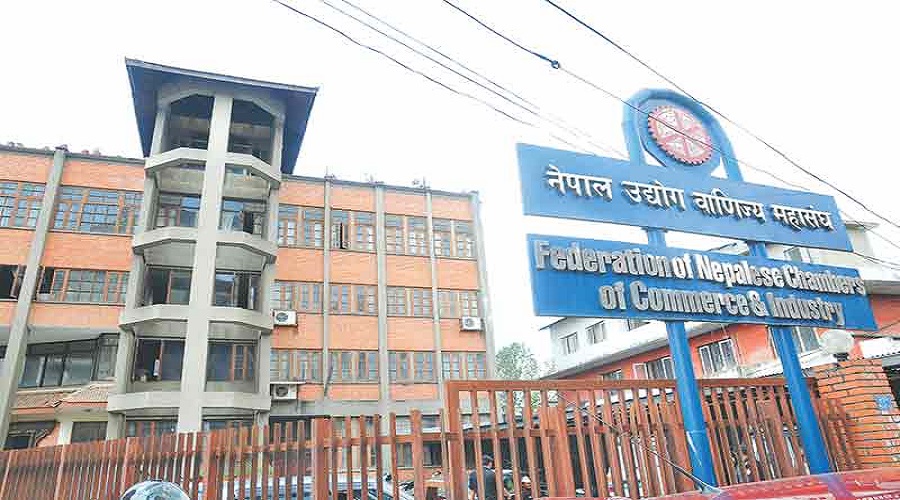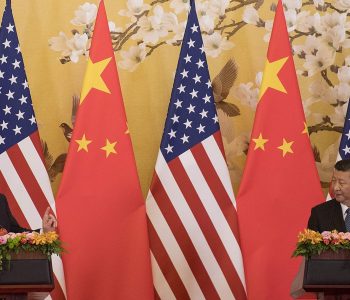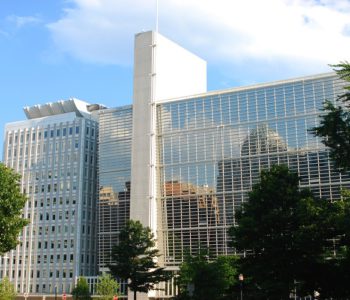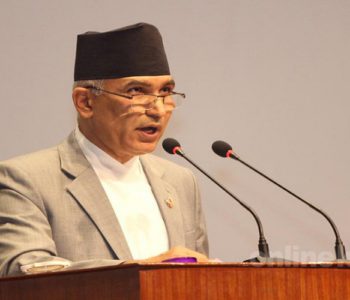FNCCI submits economic policy recommendations for Nepal’s 2025/26 fiscal year budget

KATHMANDU: The Federation of Nepalese Chambers of Commerce and Industry (FNCCI) has submitted policy and program recommendations for Nepal’s fiscal year 2082/83 (July 16, 2025–July 15, 2026) to the government. FNCCI President Chandra Prasad Dhakal presented the proposals to Industry, Commerce, and Supplies Minister Damodar Bhandari on Wednesday, March 18, 2025, aiming to address economic challenges and boost business growth.
Dhakal praised recent legal reforms but stressed the need for clear regulations and enforcement to ensure their success. The FNCCI called for technology-driven business services, including a “Business Icon” in the Nagarik App for registration, renewals, and revenue payments. It also urged efficient government services and a nationwide “Invest in Nepal Campaign” to attract foreign investment, which has stagnated at 0.2% of GDP over the past two years.
The federation proposed merging the Investment Board and Department of Industry, fully implementing a one-stop investment center, and replacing annual tax changes with a unified tax code for policy stability. It highlighted over Rs. 600 billion in idle bank funds and a three-point interest rate drop in three months, blaming low investment demand on restrictive Central Bank loan guidelines. The FNCCI suggested suspending or relaxing these rules for two years.
To support small businesses hit by cooperative and microfinance woes, the FNCCI recommended refinancing facilities. It also emphasized boosting tourism and exports—particularly agro-products and water to Gulf countries—using Nepal’s daily Middle East flights, with airport upgrades like cold storage and warehousing. A risk-shared loan scheme of up to Rs. 10 million for projects was proposed, alongside incentives for startups, small enterprises, and border-area tourism projects targeting Indian visitors.
The FNCCI urged treating electricity as an industrial raw material, ending industrial load-shedding, and piloting a multi-rate VAT system in the 2025/26 budget. It also called for reducing manufacturing taxes by five points over five years, lowering income tax rates, and raising exemptions to protect local industries. The federation plans ongoing discussions with the government to refine these proposals ahead of the budget announcement in mid-2025.











Facebook Comment